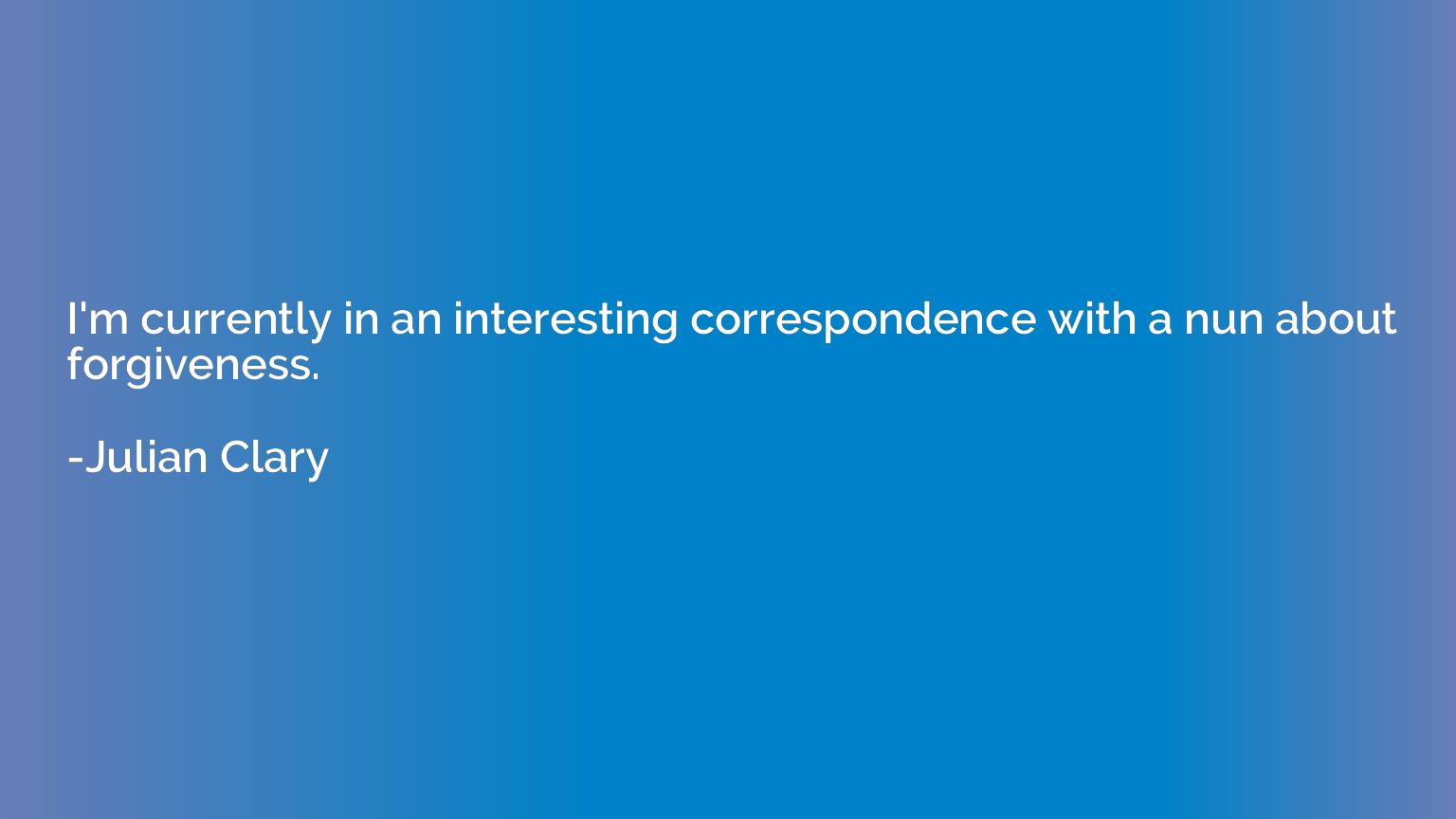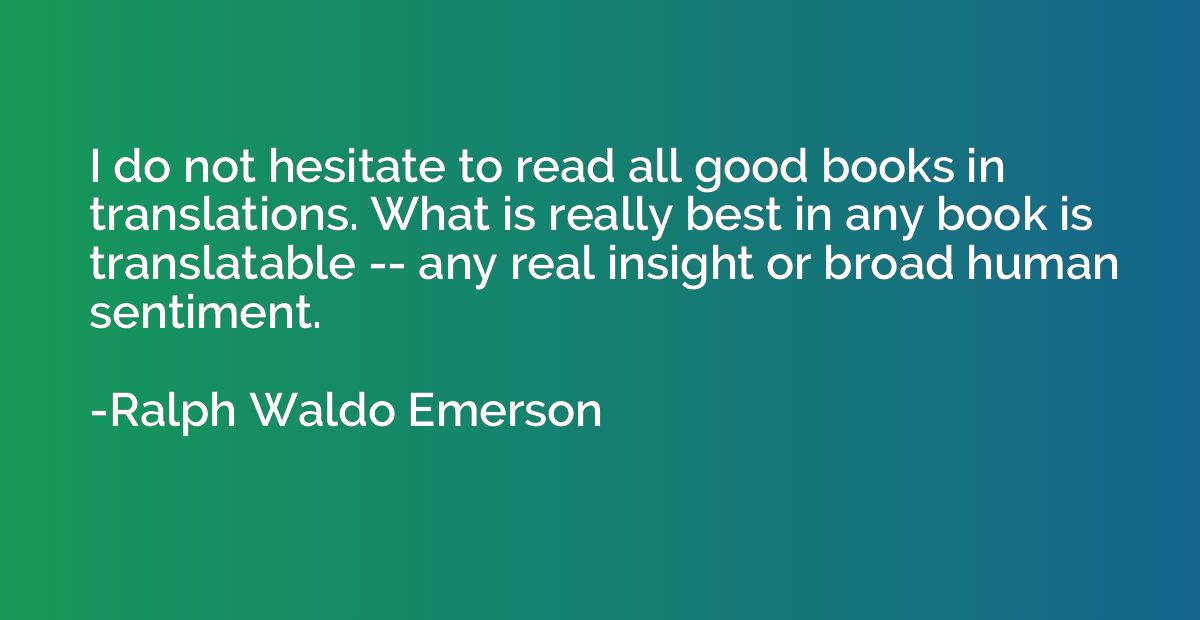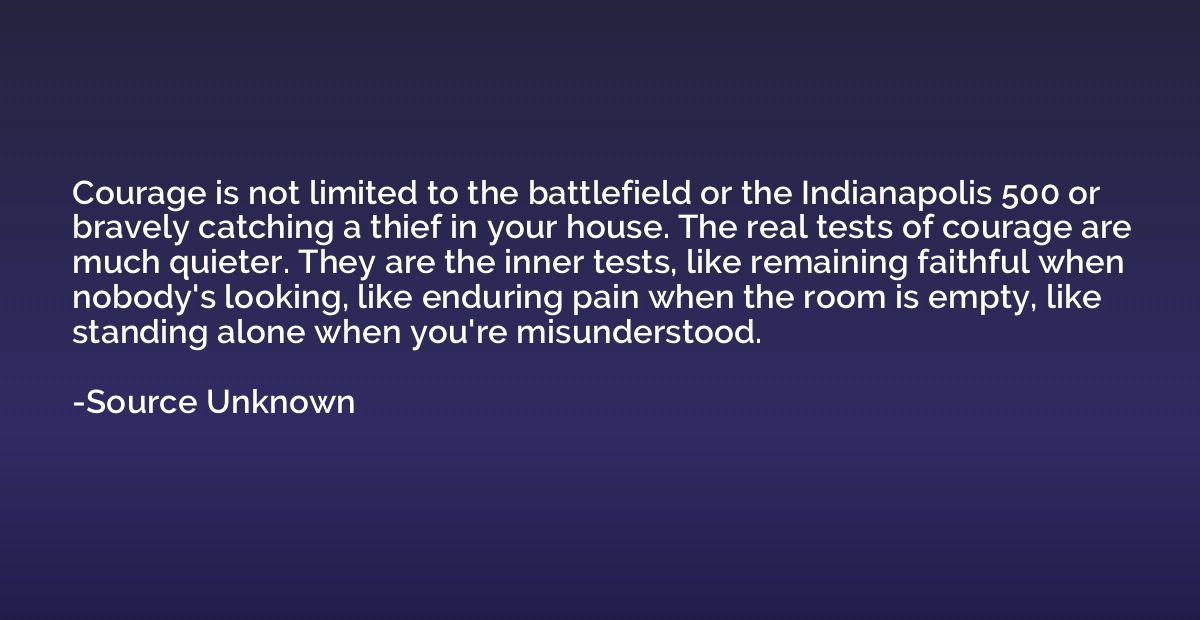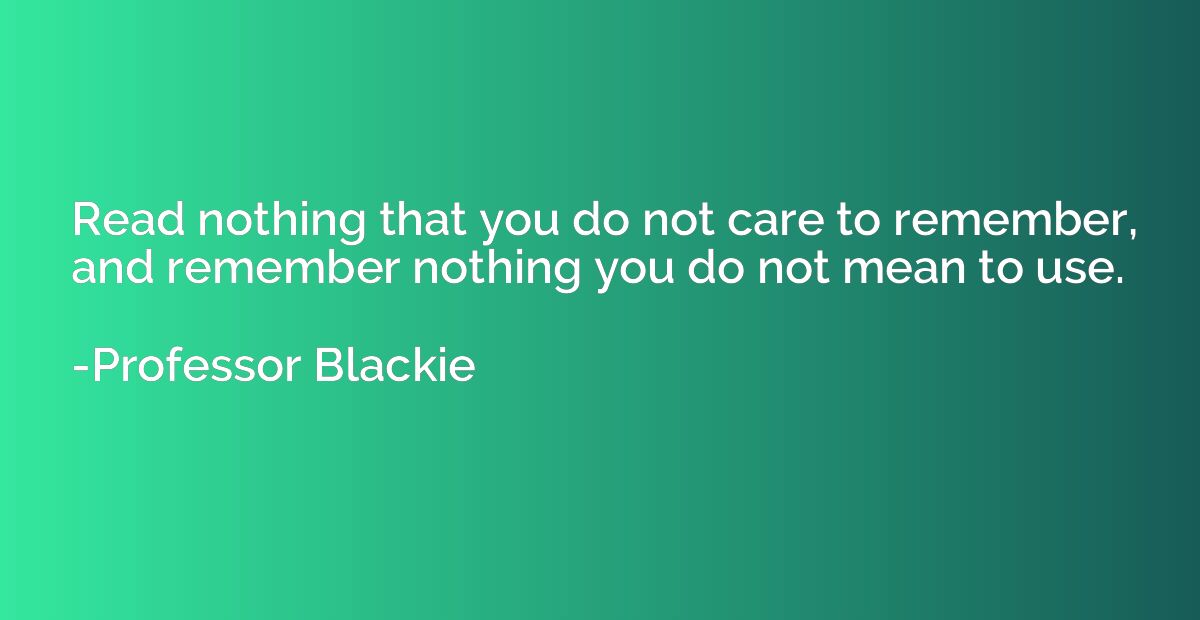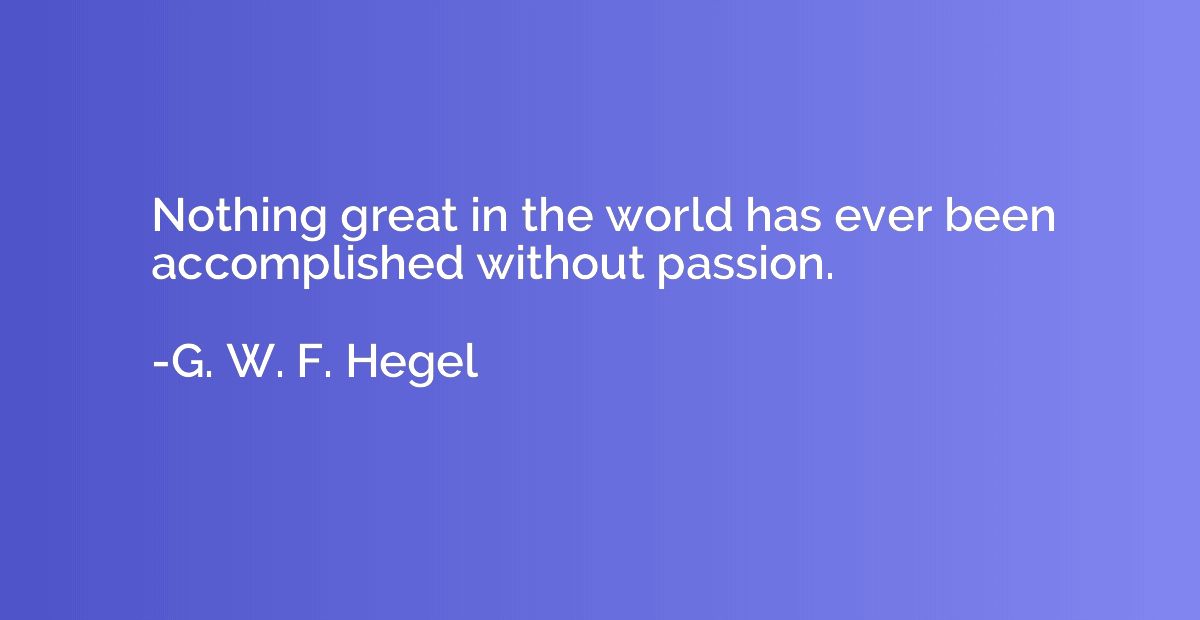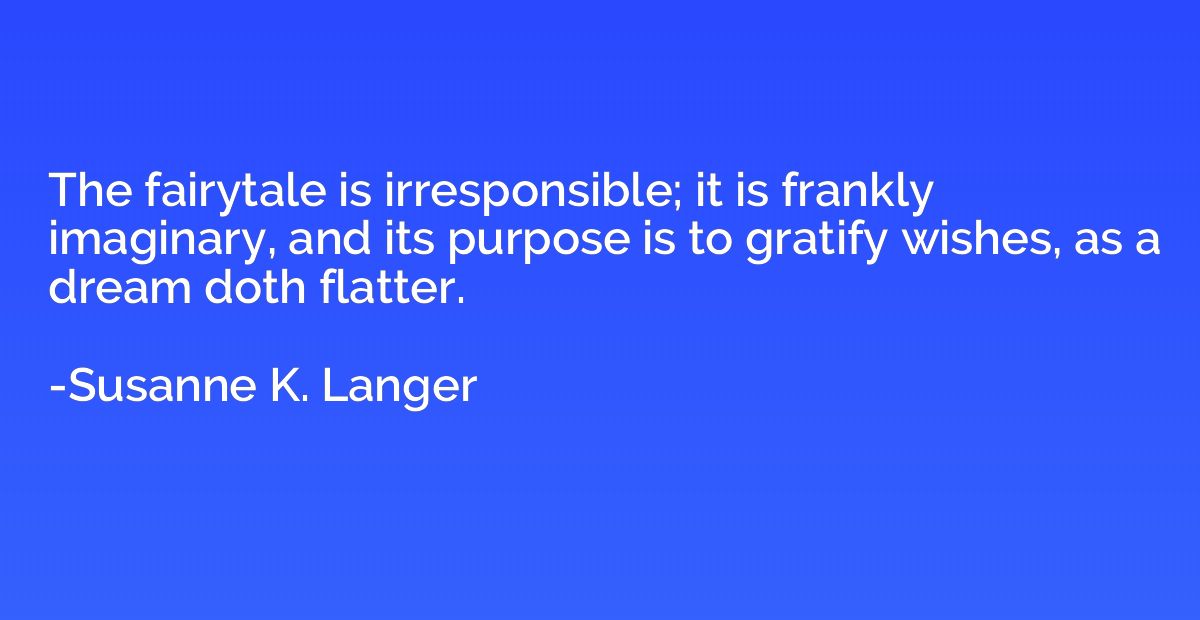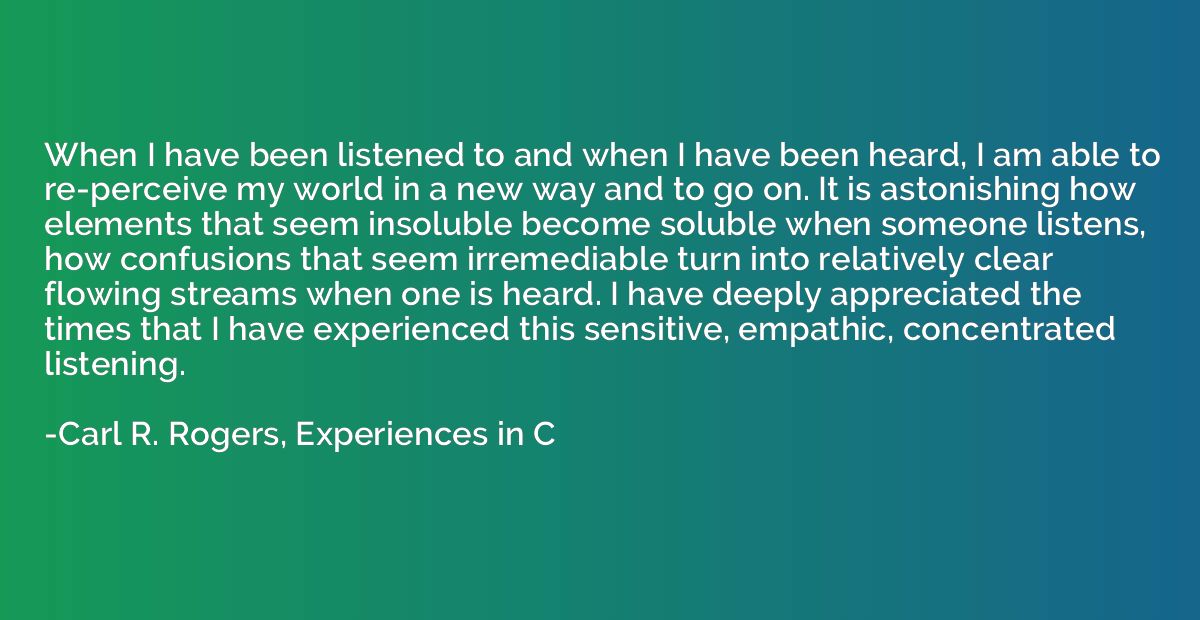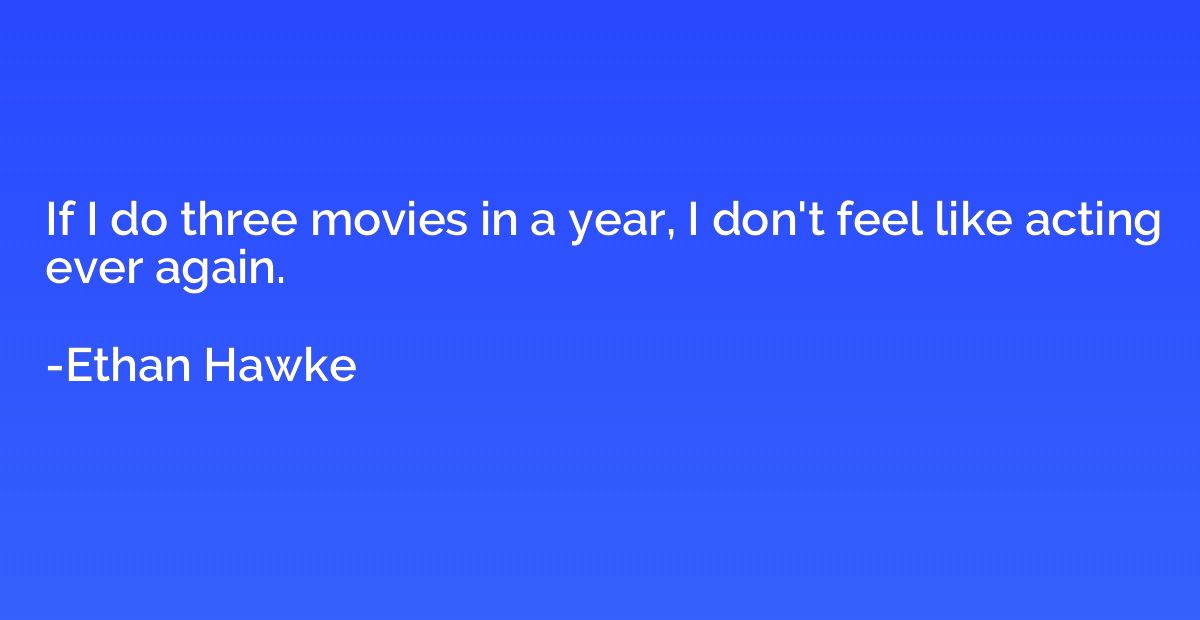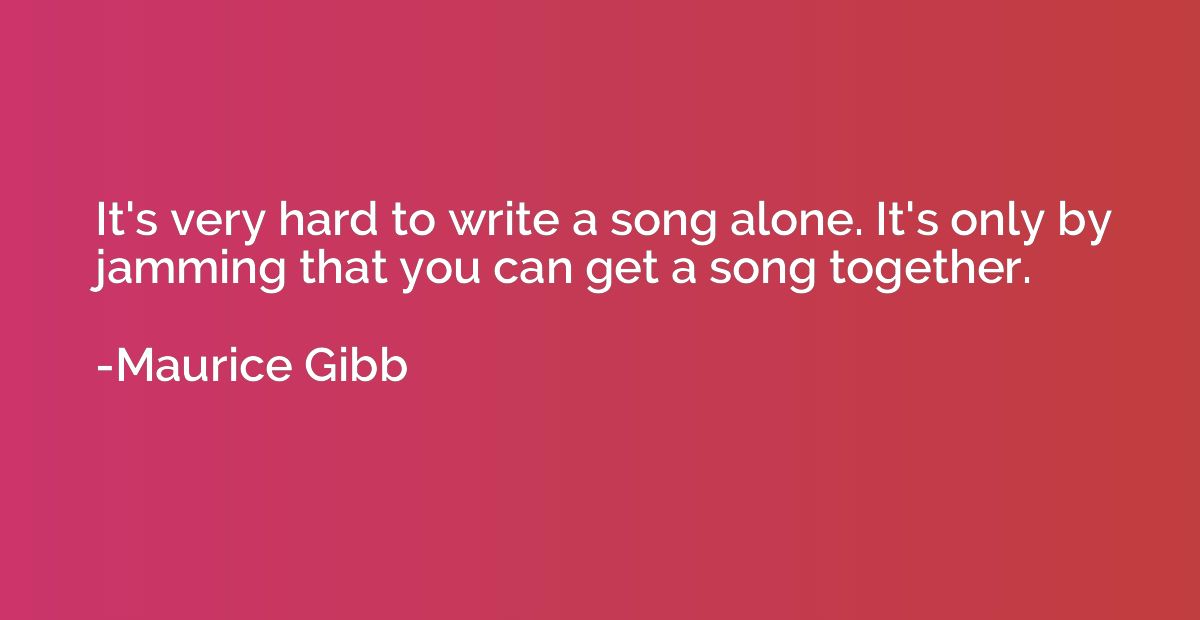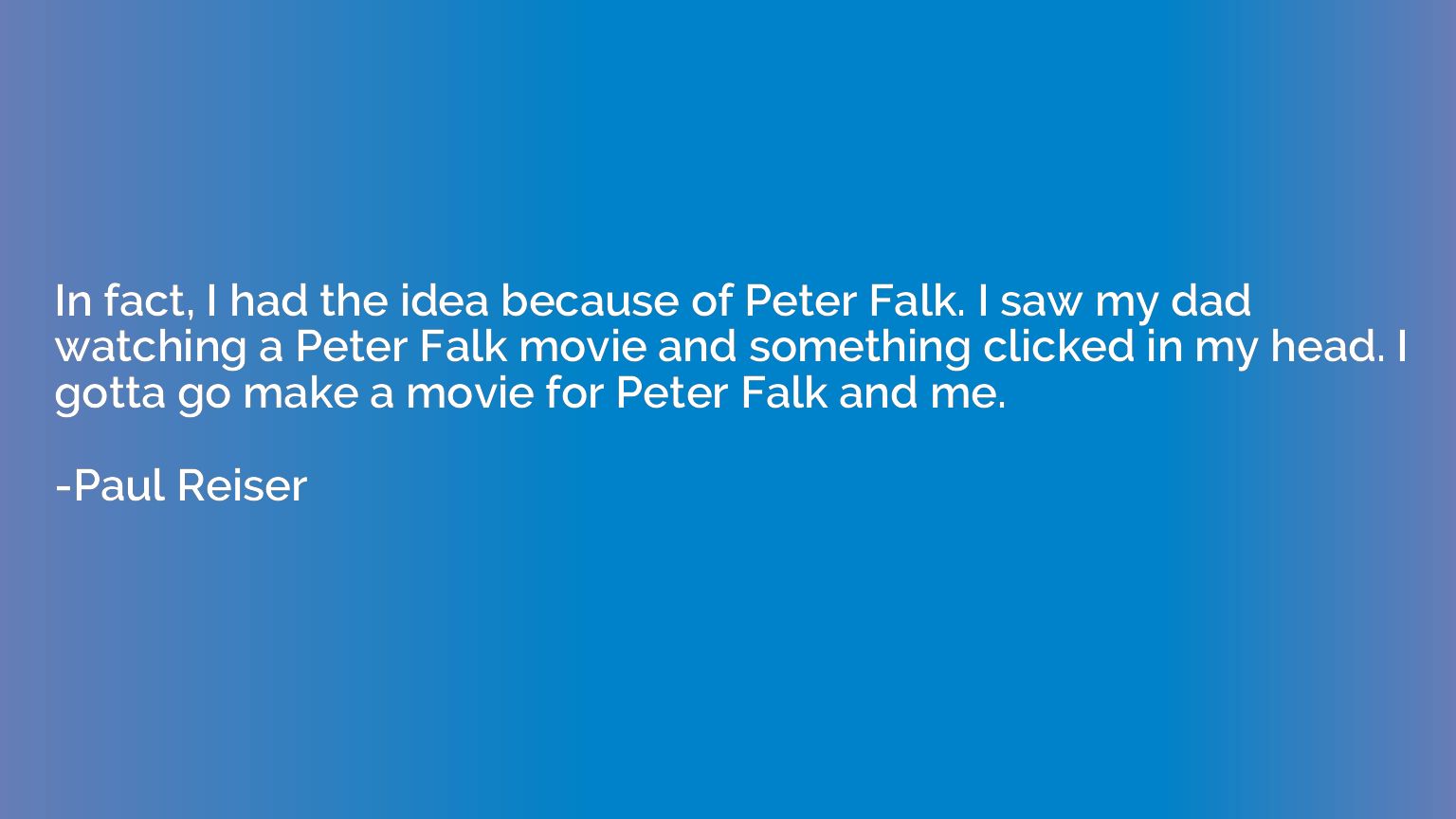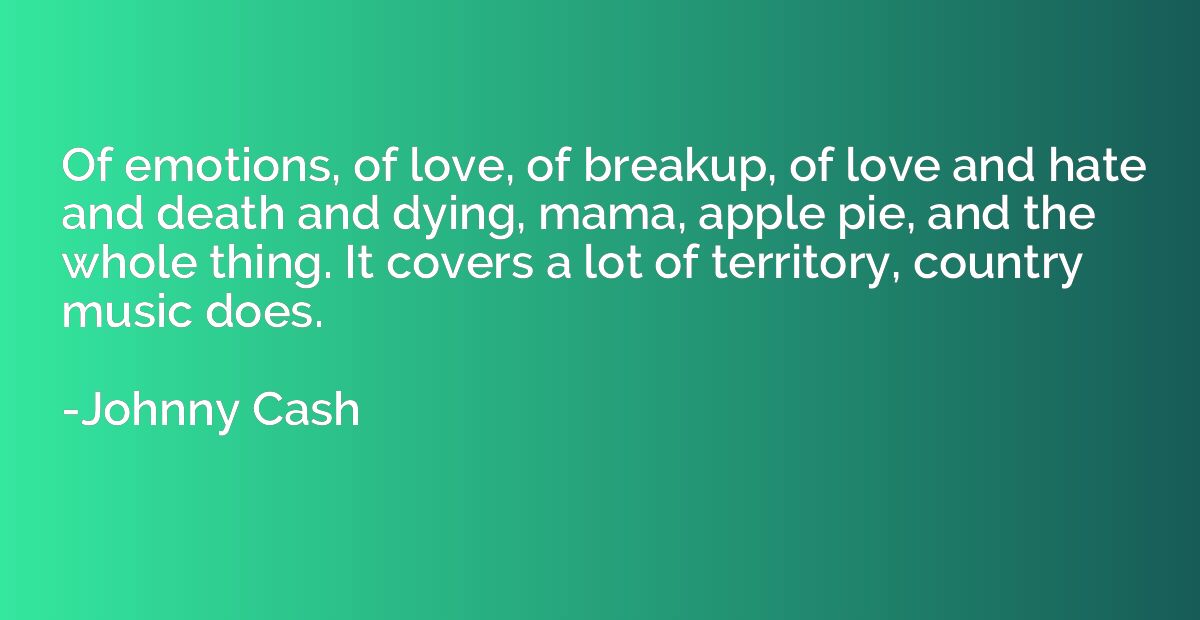Summary
This quote suggests that the person is engaged in a captivating exchange of letters with a nun, exploring the concept of forgiveness. The term "interesting" implies a thought-provoking and insightful conversation. It hints at the potential depth and complexity of the topic, indicating that the perspectives shared by both individuals might challenge conventional notions of forgiveness. Overall, the intrigue generated by this correspondence implies that the conversations with the nun are stimulating and evoke contemplation on the subject.
Topics
Forgiveness
By Julian Clary
